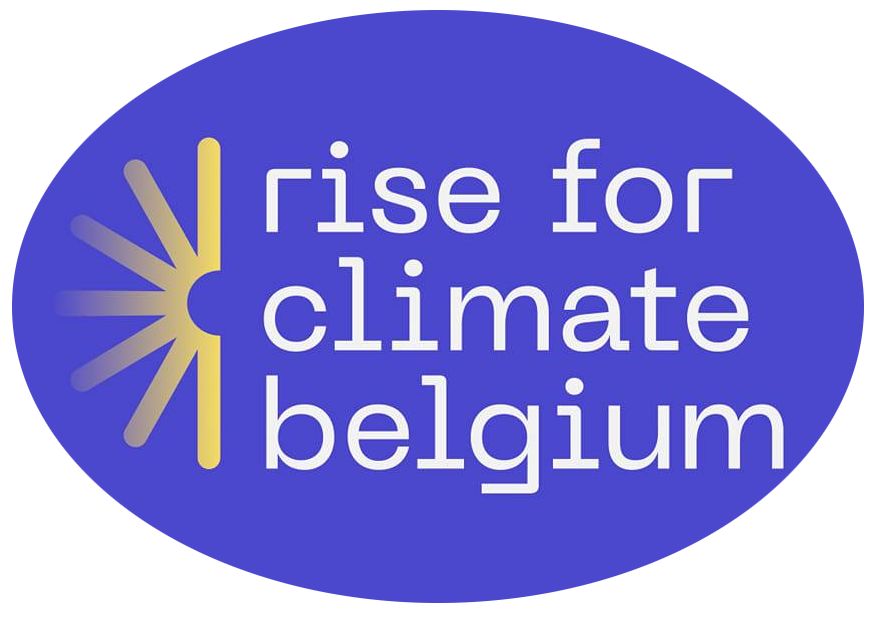Documentation
Les champs auteur(e)s & mots-clés sont cliquables. Pour revenir à la page, utilisez le bouton refresh ci-dessous.
filtre:
IPBES secretariat
2022
The summary for policymakers (SPM) and the chapters of the Methodological assessment regarding the diverse conceptualization of multiple values of nature and its benefits, including biodiversity and ecosystem functions and services (referred to as the “assessment of the diverse values and valuation of nature”), were approved and accepted respectively by the IPBES Plenary during its ninth session, held from 3 to 9 July 2022 in Bonn, Germany. The background of this assessment dates to 2013, when at its second session (IPBES 2) in Antalya, Turkey, the IPBES Plenary approved the initiation of scoping for a methodological assessment. During the third session of the IPBES plenary, in Bonn, Germany in 2015, the expert group established for scoping the methodological assessment and developing a preliminary guide, was requested to revise the scoping report for the methodological assessment based on comments received following an open review by Governments and stakeholders. At IPBES 4, in Kuala Lumpur, Malaysia in 2016
The IPBES #PandemicsReport is one of the most scientifically robust examinations of the evidence and knowledge about links between pandemic risk and nature since the COVID-19 pandemic began - with 22 of the world's leading experts from fields as diverse as epidemiology, zoology, public health, disease ecology, comparative pathology, veterinary medicine, pharmacology, wildlife health, mathematical modelling, economics, law, and public policy as authors of the report. The expertise of the 22 authors was further augmented by contributions and knowledge resources from the Convention on Biological Diversity, the Intergovernmental Panel on Climate Change, the Convention on International Trade in Endangered Species, the United Nations Convention to Combat Desertification, and the World Health Organization - as well as a peer review process.
Le dangereux déclin de la nature : Un taux d’extinction des espèces « sans précédent » et qui s’accélère. La réponse mondiale actuelle est insuffisante ; Des « changements transformateurs» sont nécessaires pour restaurer et protéger la nature Les intérêts particuliers doivent être dépassés pour le bien de tous C’est l’évaluation la plus exhaustive de ce type ; 1.000.000 espèces menacées d'extinction.
![]()




